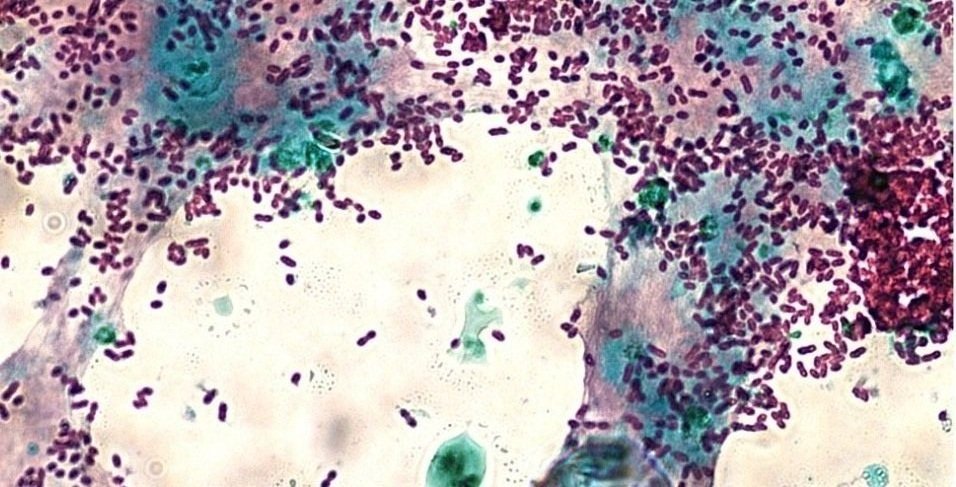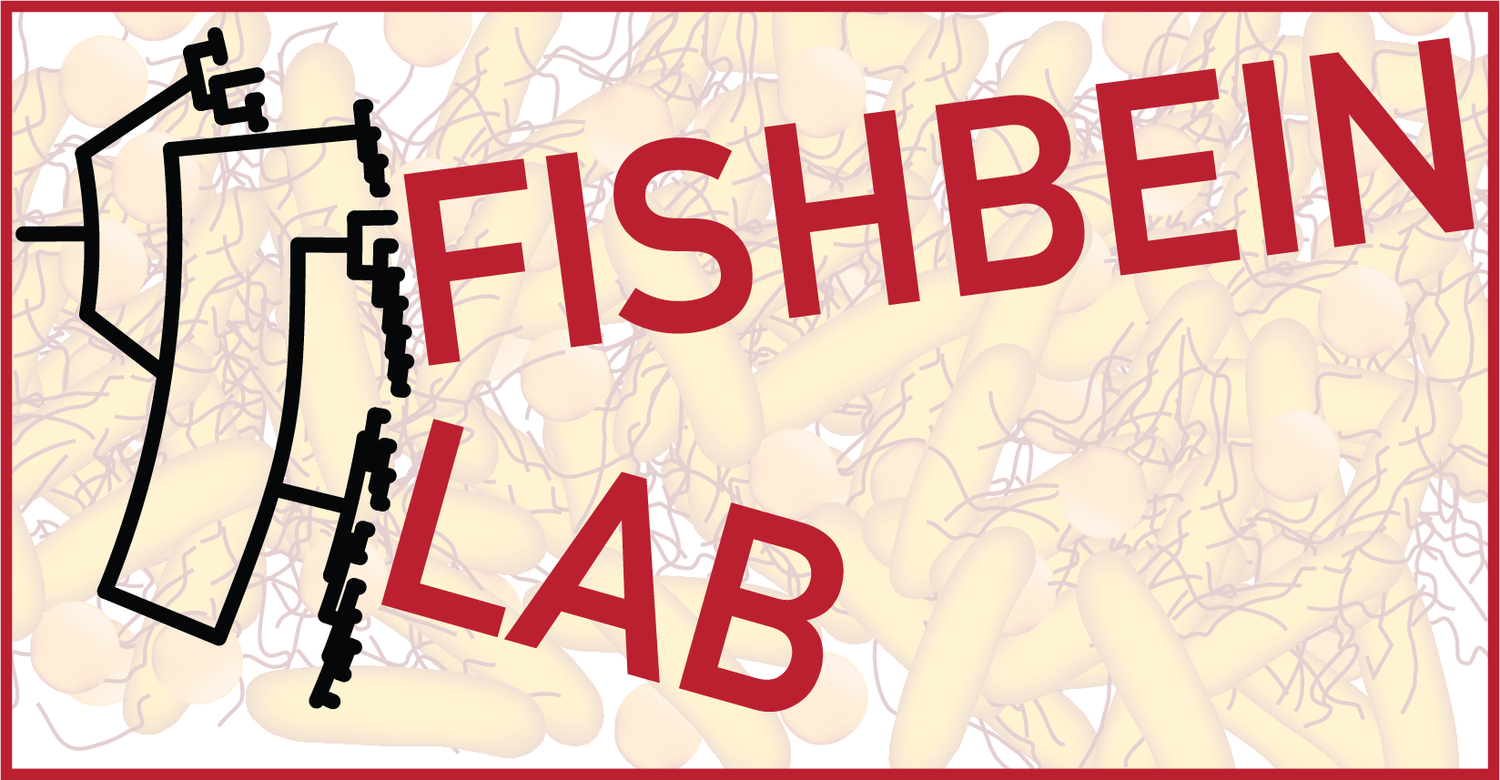Our Research

Bacterial infections of the gastrointestinal tract such as Clostridioides difficile infection (CDI) are a persistent threat to humans and involve a complex ecological dynamic between the host gut microbiome and the bacterial pathogen. Our lab studies both kinds of bacteria (the commensals and the pathogens) to understand genetic and ecological mechanisms that govern gut metabolic function and host health during infection.
Our mission: uncover genotype-phenotype mechanisms in gut bacterial species that determine infection outcomes, identify dominant metabolic functions of the microbiome that alter infection outcomes, and develop high-resolution molecular biological and genetic methods for elucidating bacterial interactions in the human gut microbiome.
Photo Credit: Sarah Bengston
Projects
What functions in commensal Lachnospiraceae alter C. difficile pathogenesis? Our work has identified a number of bacterial species in the taxonomic family Lachnospiraceae whose presence alters pathogen proliferation in vivo. We will use animal models of C. difficile infection, multi-omics measurements of host-microbiome function, and computational approaches to examine the ecological and metabolic influence of these commensals on pathogen virulence.
How does regulation of virulence vary across lineages of C. difficile? The species C. difficile comprises a diverse set of strains with an unbounded genetic repertoire. Yet, the importance of this “open pan genome” in altering pathogenesis is unknown. We will leverage functional genomics and bacterial genetics to identify strain-specific and core loci that alter pathogenesis programs.
